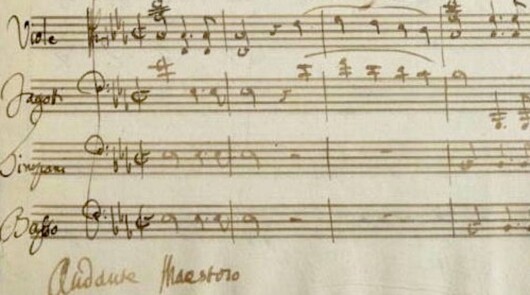Classical Music ‘Synchronizing’ our Brain

Classical music by composers like Bach, Beethoven, and Mozart is known to impact mood. Scientists are now using brainwave measurements and neural imaging to understand how Western classical music affects the brain positively.
This research could lead to new treatments for patients with treatment-resistant depression. Professor Bomin Sun from Shanghai Jiao Tong University hopes to apply these findings in clinical practice to develop effective music therapy tools.
The study involved 13 patients with treatment-resistant depression who had electrodes implanted in their brains for deep-brain stimulation. These implants are placed in a circuit connecting the bed nucleus of the stria terminalis (BNST) and the nucleus accumbens (NAc).
The researchers discovered that music has antidepressant effects by synchronizing neural activity between the auditory cortex and the rewards circuit. This synchronization involves the BNST-NAc circuit, which is closely related to the amygdala, a key structure in emotional processing.
Patients were divided into two groups based on their music appreciation: high or low. Those who appreciated music more showed greater neural synchronization and better antidepressant effects. Conversely, those with lower music appreciation showed less improvement.
The researchers used unfamiliar Western classical music to avoid bias from prior experience. They found that enhancing BNST-NAc oscillatory coupling with theta frequency noise increased music enjoyment in patients with low appreciation.
The next steps include studying how music interacts with deep brain structures in depressive disorders and exploring combined sensory stimuli, like visual images, for potential therapeutic effects. The team plans to develop digital health products, such as smartphone apps and wearable devices, based on their music therapy research.